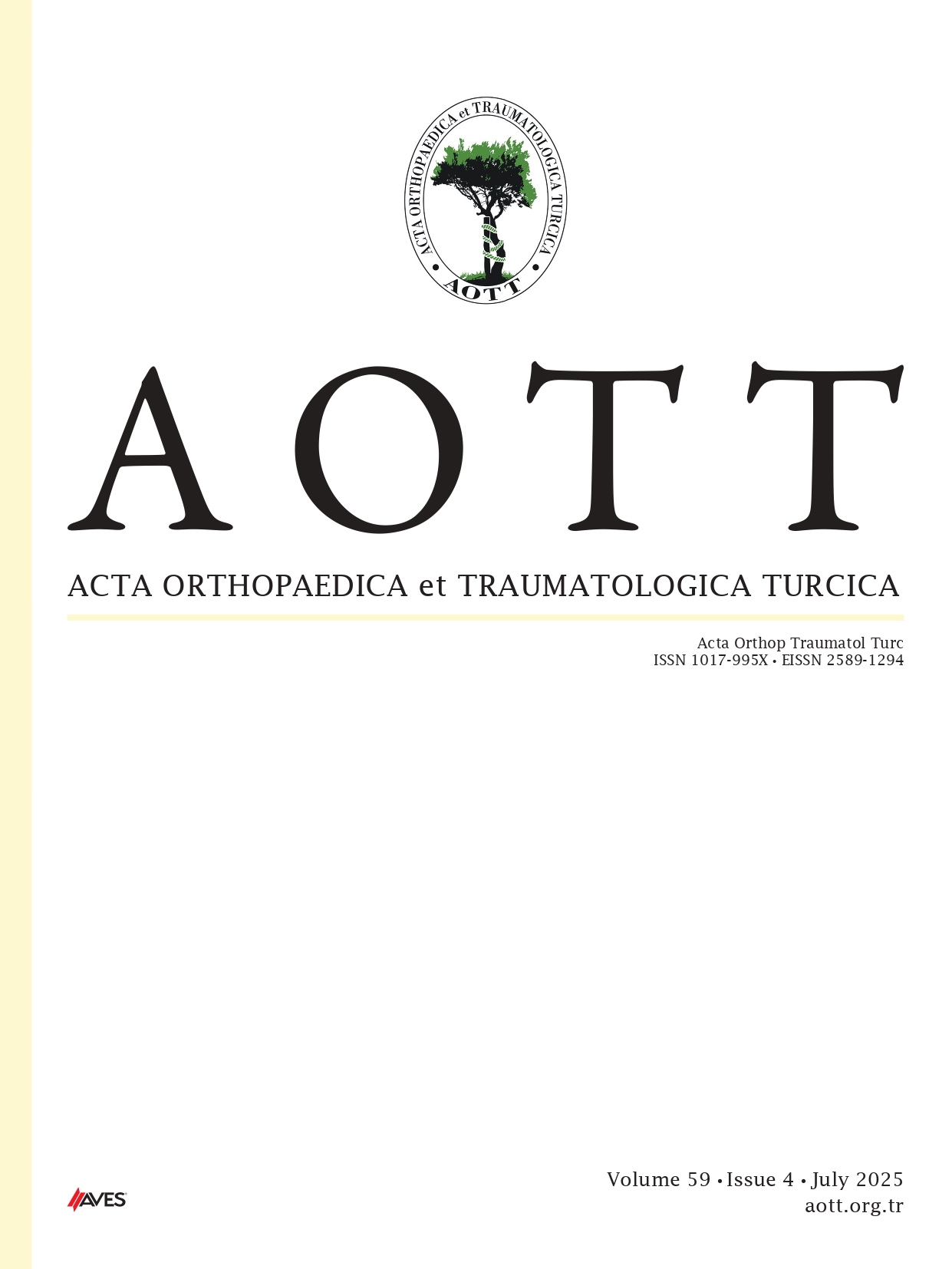Objective: This study aimed to evaluate orthopedic residency training in Türkiye by analyzing the structure of clinical education, levels of faculty engagement, availability of mentorship, and residents’ self-perceived competence. It further examined the influence of mentorship and faculty involvement on surgical training, academic career interest, and subspecialty decisions.
Methods: A cross-sectional survey was conducted among orthopedic residents across Türkiye between February 6-18, 2025. A total of 849 residents participated, covering all provinces with orthopedic training centers. Data on institutional characteristics, educational methods, surgical exposure, mentorship, and residents’ self-assessed competencies were collected using an online questionnaire. The mean age of participants was 29.1 years (range: 23-35), and 95.2% were male. The mean residency year was 2.7. The primary outcomes included surgical exposure, self-assessed competence, academic interest, and mentorship impact.
Results: Among participants, 8.13% reported no theoretical education, with peer-based learning (52.1%) being the dominant method. Faculty-led instruction was limited (24.6%). A mentor figure was present in 68.8% and was significantly associated with higher selfassessed competence in theoretical knowledge, surgical skills, and complication management (P < .0001). Mentored residents had greater academic interest (41.1% vs. 33.2%, P=.011) and clearer subspecialty goals (27.9% vs. 18.9%, P=.017). Only 45.7% of the fifth-year residents rated themselves as highly competent. Higher monthly operating room days and case volumes were significantly correlated with greater self-perceived competence (P=.0001).
Conclusion: This study reveals substantial disparities in surgical training, faculty engagement, and mentorship across orthopedic residency programs in Türkiye. Structured mentorship initiatives, improved surgical exposure, and faculty-driven education are essential to enhance residents’ professional development and preparedness for independent practice.
Cite this article as: Kalem M, Dursun Savran M, Özgencil B, Özbek EA, Şahin E. A nationwide survey of orthopedic residency training in Türkiye: theoretical education, surgical exposure, faculty engagement, and mentorship influence on resident competence. Acta Orthop Traumatol Turc., Published online August 27,, 2025. doi:10.5152/j.aott.2025.25438.



.png)
.png)
